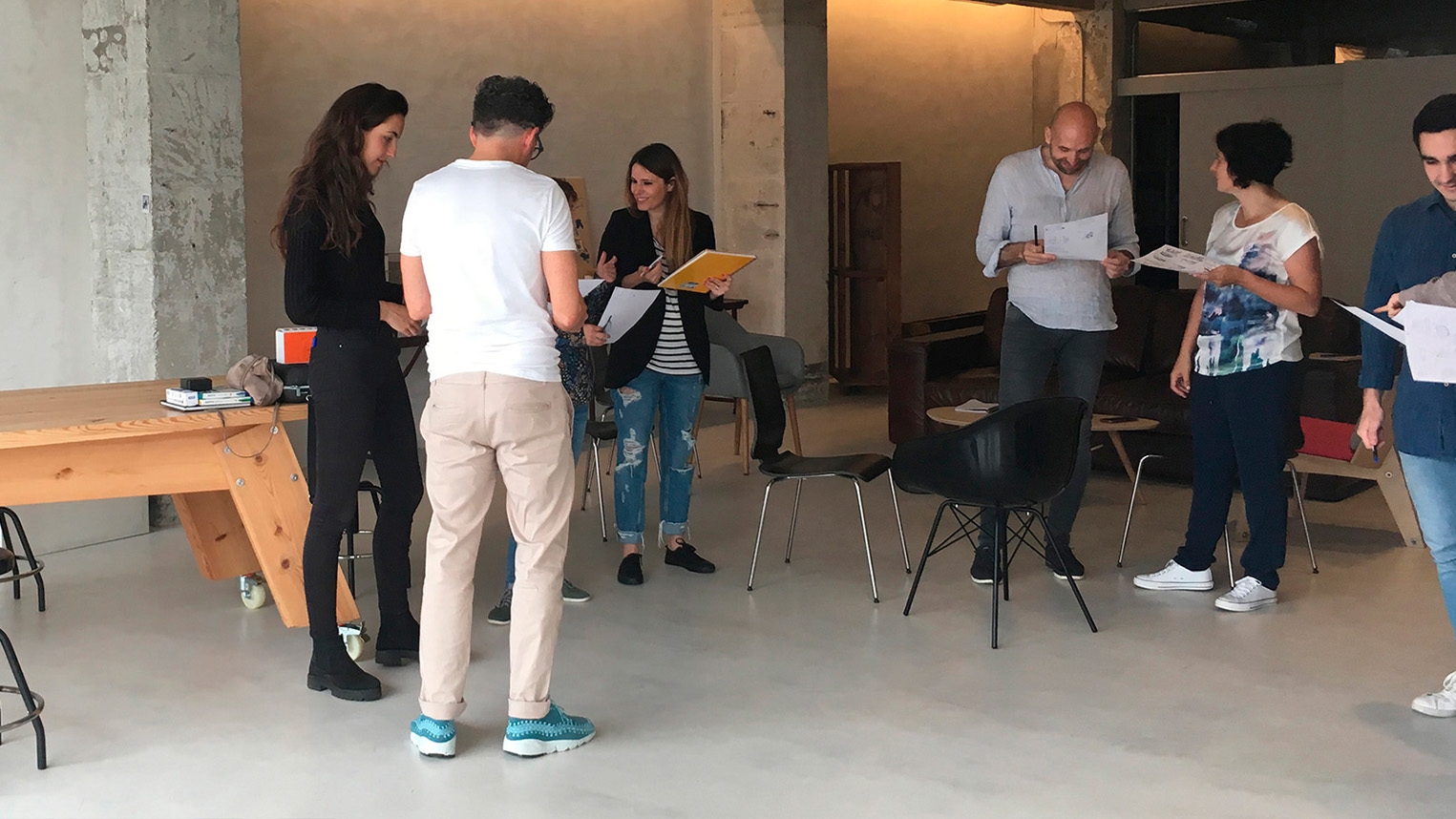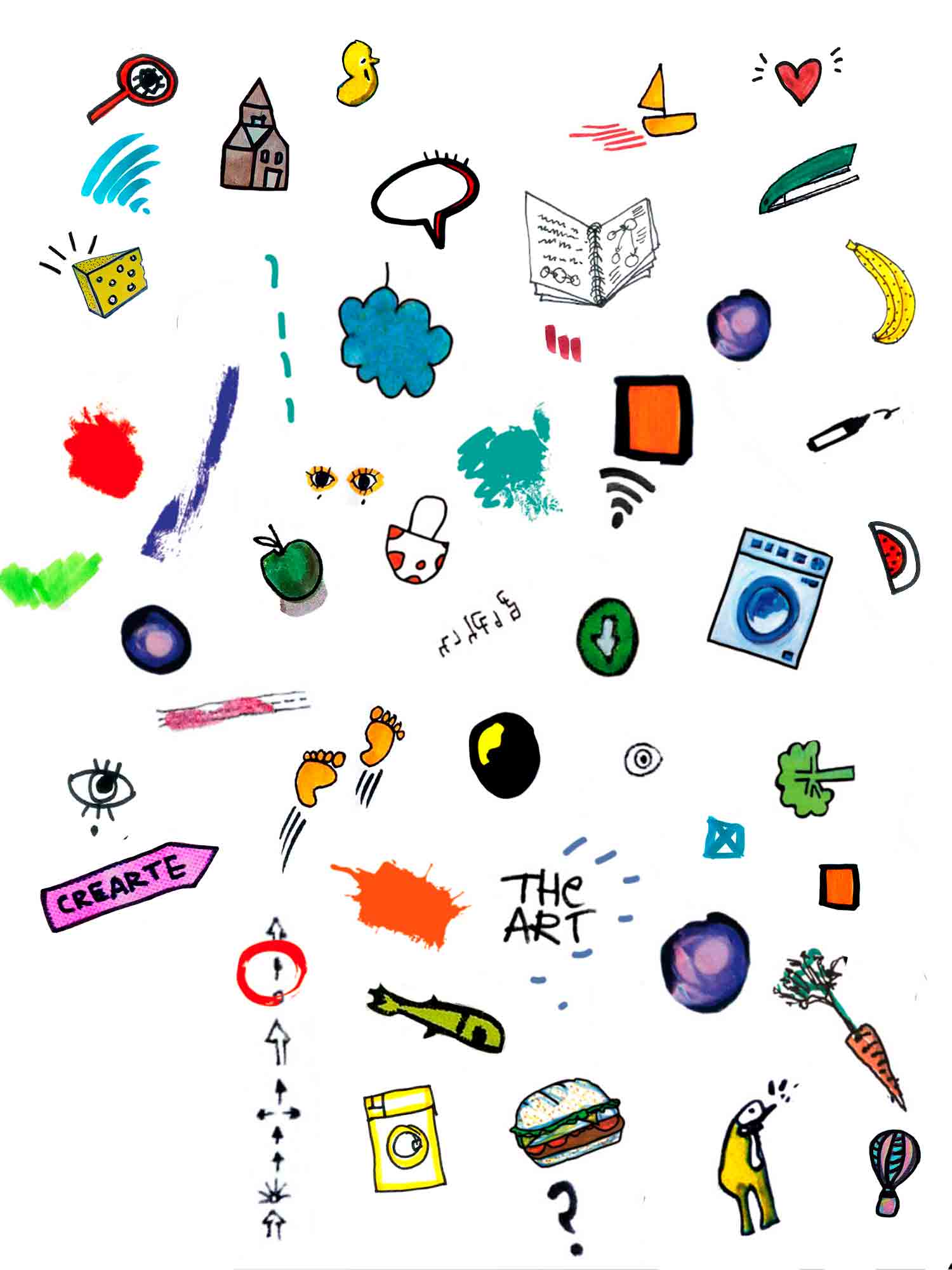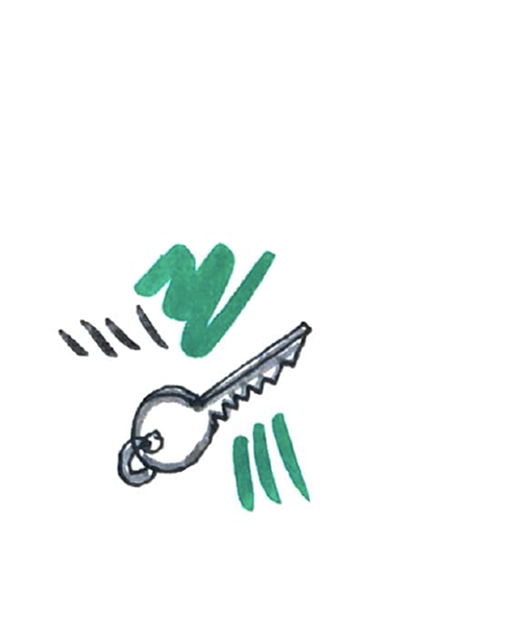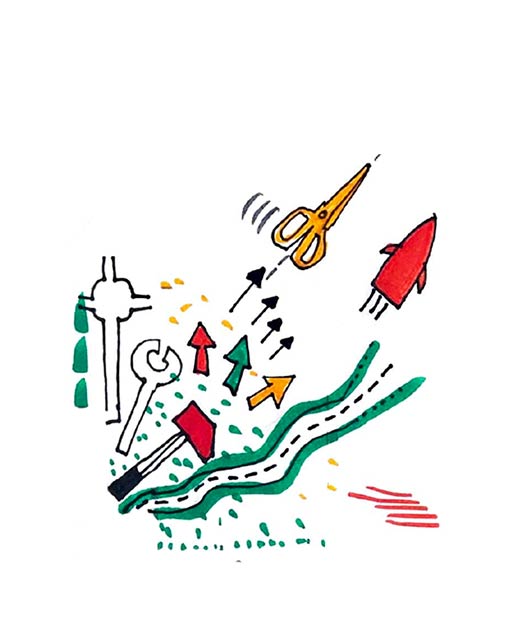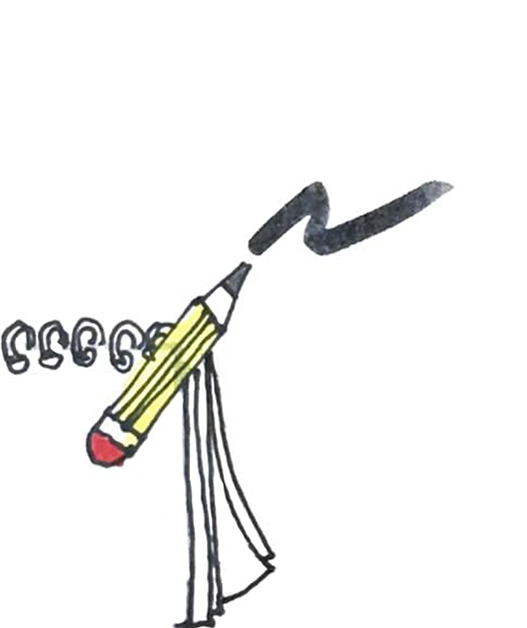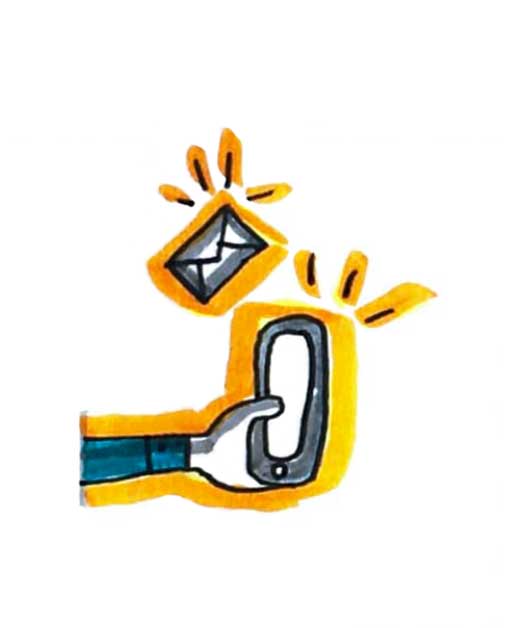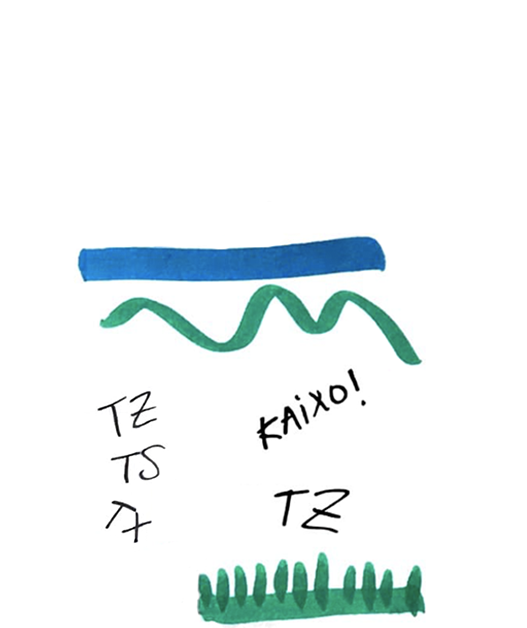
Experiential training
Looking for training experiences where learning is exciting?
Transform content into skills and training into experiences.
Art for Life trainings can help your organization.
If...
- You want your team to learn in a meaningful way, unlocking positive change.
- You want them to work on professional skills.
- You have a triple goal for your team: learning tools, team cohesion and motivation.
- You dream of awakening individual and collective talent and a shared vision in your organization.
Contact Art for Life
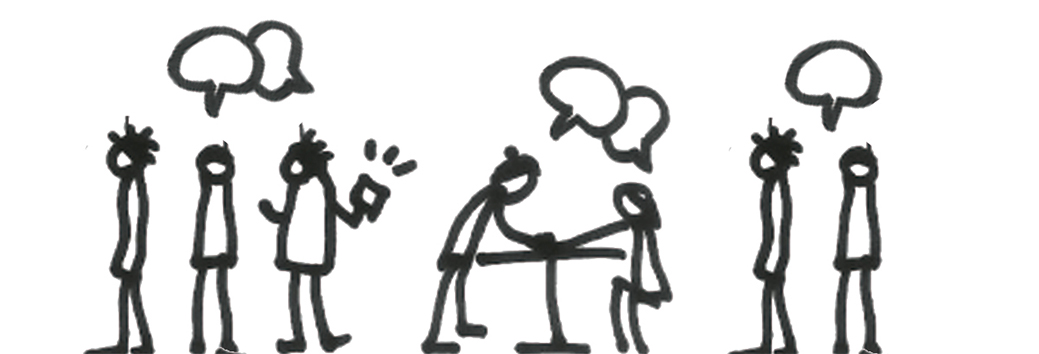
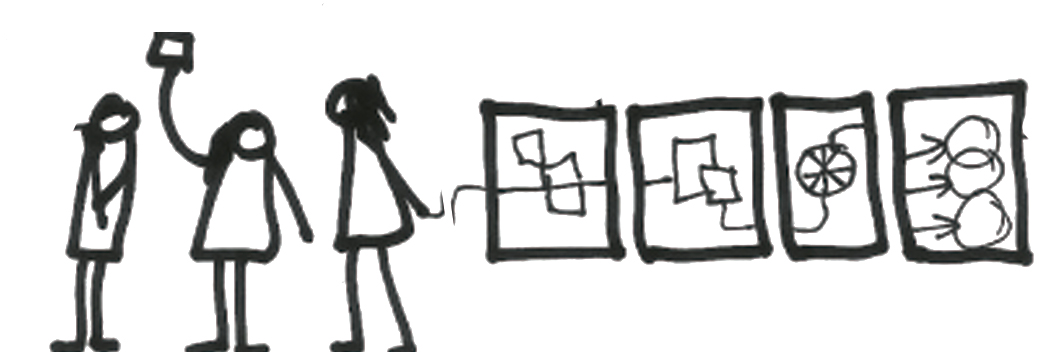
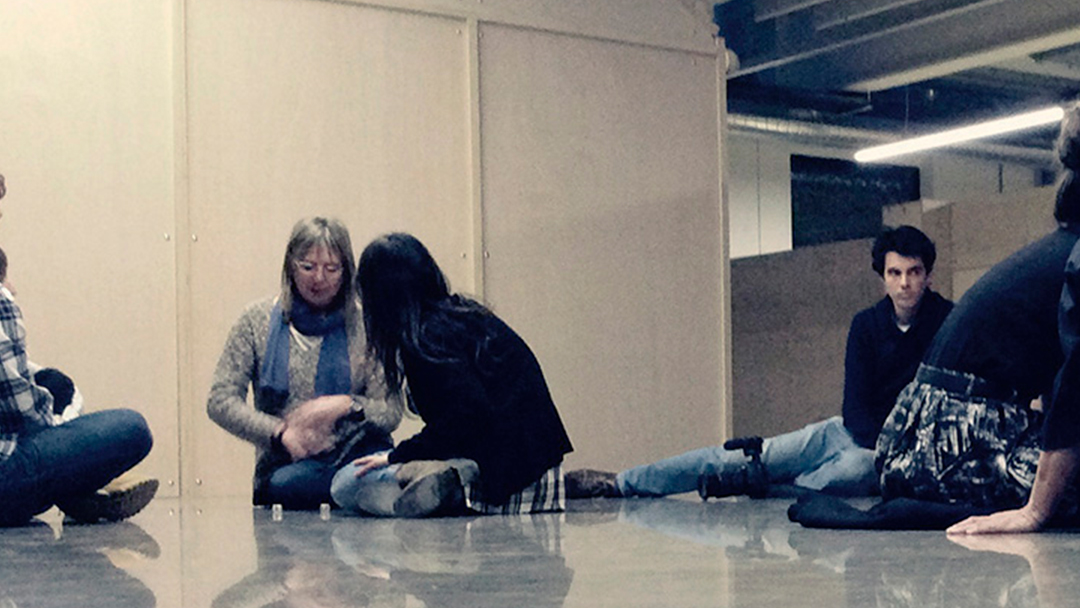
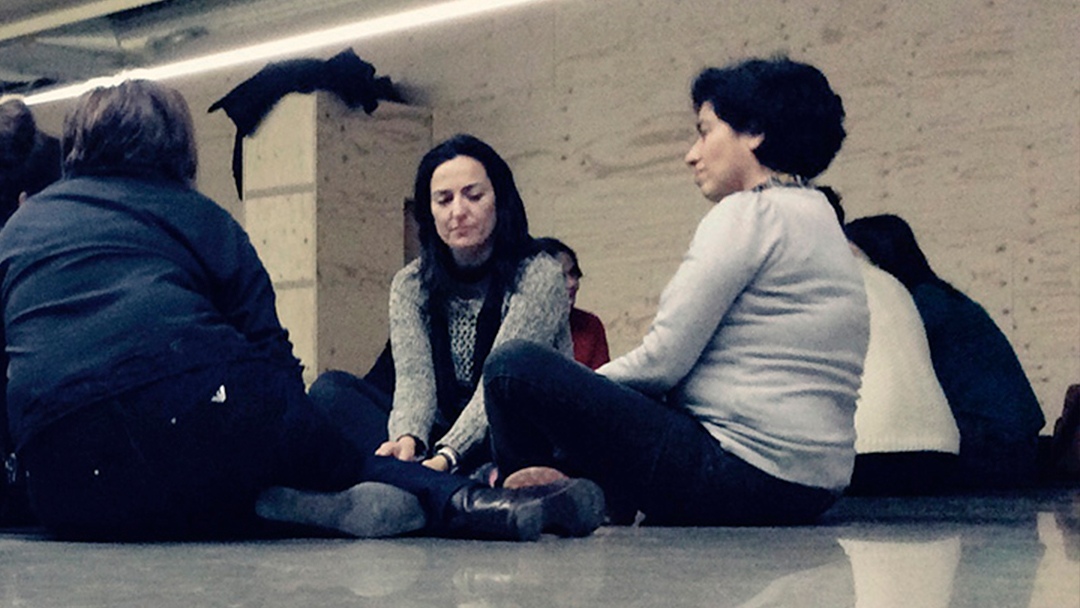
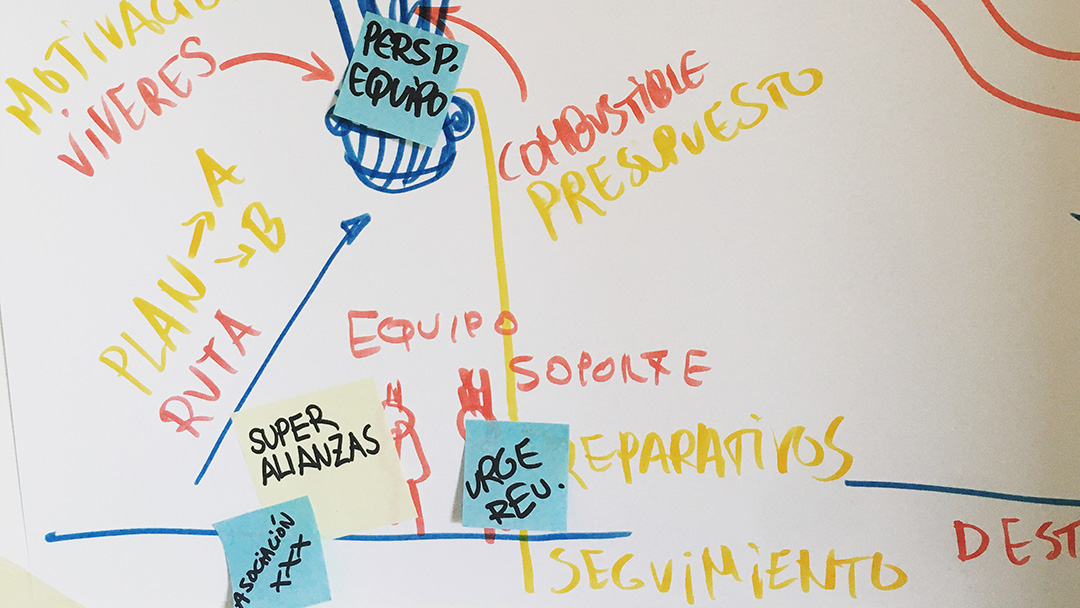
Discover Experiential Training
Art for Life training programs promote mutual learning. Through group dynamics and individual dynamics, an atmosphere that enables growth emerges.
- Encourage the awakening of creative potential.
- Emphasize soft skills, bringing the best out of your team.
- Explore the creative tools needed in your organization.
- Offer training programs, in which there are participants and not only attendees.
- Generate horizontal learning: where people build knowledge.
Art for Life has different lines of training that can be combined as if they were building blocks. So that it fits what you need.
Intensive sessions, a conference or long term programs. Face-to-face, online or blended.

Did you know?
Halfway between training and consulting there is a place that may interest you: Some content can be learned by applying it to concrete cases. So that, in addition to train the team, you get work done.
- Thinking better ideas as a team: the team experiences the keys to good teamwork when implementing projects.
- Develop individual creativity: reconnection with creative potential.
- Apply creative tools for unblocking. Practice ideation techniques. There is life beyond Brainstorming.
- Learn to communicate ideas and receive feedback from the team. An essential professional skill.
- Train professional skills for entrepreneurship and intrapreneurship: because it is an attitude and a process of self-knowledge.
- Collaborative learning: A methodology that facilitates mutual learning in any subject related to competencies.
It is an innovation process to provide solutions to user needs. It imitates the way of working used in product design, posing challenges and provoking the generation of ideas for improvement and innovation. It includes prototyping in order to improve the product or service created before launching it.
- Applied Design Thinking: learn the methodology through a practical case in a few sessions.
- Facilitates processes in Design Thinking mode: tools and skills to incorporate into your way of leading.
- Learn to prototype and test in a more imaginative way. What is important does not need to be boring.
Visual Thinking is a technique that transforms information into images. Its strength lies in the fact that graphic elements facilitate the quick understanding of ideas and concepts. It helps to reveal blind spots because it connects rational and intuitive thinking.
- Visual Thinking applied to a specific challenge: learn to capture concepts that help to reflect and encourage divergent thinking. This is not about drawing, but about broadening the vision.
- The use of visual metaphors for decision making: a method that improves internal communication and allows to advance in the global vision.
- Art Thinking at Work: Methodology in which new questions are asked in a team. Work on strategic professional challenges using art as a mirror of your reality. and encourages productive dialogue.
Work session facilitation trainings open up a new world: boost genuine leadership, bring effectiveness to meetings, and build happier work environments.
- Facilitate effective online and offline meetings by giving voice to divergent thinking and participation.
- Design collective decision-making processes to bring the team together and facilitate collaborative learning.
- Master tools to generate ideas with remote teams.
- Create participatory events: give another approach to that congress you have in mind through working activities that generate emotional bonding. Explore your specific case and learn tools for the future.
- Create group dynamics: explore team games and discover a method to create new games for your concrete goals.
- Learn to teach in a dynamic way: Transform content into skills and trainings into experiences.
If you are willing to promote creative habits in your organization, contact Art for Life

Contact
Art for Life

